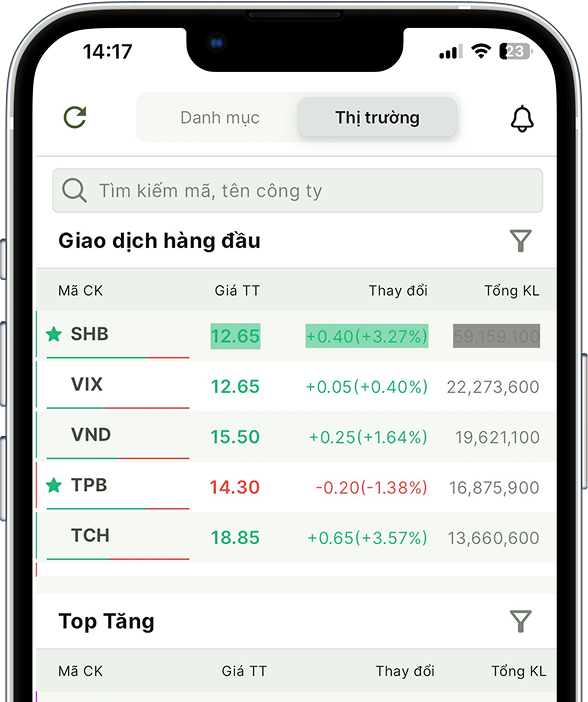BSR Update – OUTPERFORM
01/11/2024 - 10:39:25 SABINH SON REFINING AND PETROCHEMICAL JSC (BSR VN)
BSR announced Q3/2024 business results with net loss of VND1,209 bn (compared to NPAT of VND3,235 bn in Q3/2023), lower than our expectations, primarily due to a continuous decline of oil prices in Q3/2024 (-17%), which led to a narrowing crack spread. In 9M2024, BSR completed 58% of the company’s annual plan and 12% of our initial forecast. We revise BSR’s 2024 NPAT forecast down by 44.8% compared to the previous report but expect a 79.1% YoY recovery in 2025 NPAT from the low base of 2024, driven by an increase in output as there will be no plant maintenance. Our target price for BSR by the end of 2025 is VND23,000/share, equivalent to a total return of 10.4%. Recommendation OUTPERFORM.
BSR recorded revenue of VND31,945 bn (-15.4% YoY) and loss after tax of VND1,209 bn (compared to NPAT of VND3,235 bn in Q3/2023) in Q3/2024. Despite a 9% YoY increase in sale volume, the decline in revenue and profit was due to:
• The average price of Brent crude oil decreased from 85.31 USD/barrel in July 2024 to 74.33 USD/barrel in September 2024, significantly narrowing the crack spread (the difference between crude oil prices and product prices).
• As a result, gross profit margin of key products such as Diesel, RON92 and RON95 gasoline were impacted adversely, recording margins of -0.04%, -8.5%, and -11.1%, respectively.
However, oil prices in the last week of September 2024 were almost flat, compared to an 8% drop at the end of September 2023. Consequently, a lighter provision for inventory devaluation in Q3/2024 to only VND177 bn, from VND821 bn in Q3/2023, prevented the loss from exacerbating.
Accumulated in 9M2024, BSR recorded net revenue of VND87,058 bn (-17.4% YoY) and NPAT of VND674 bn (-89% YoY), completing 58.7% of the company’s annual plan and 22% of our revised full-year forecast.
Regarding the outlook for Q4/2024, we expect the company’s business results to recover well as the crack spread in October showed an improvement compared to the average in Q3, albeit still lower than that in Q1/2024. However, this recovery is expected to be restrained by: (1) oil prices facing pressure from OPEC’s planned increase in production starting in December this year and (2) increased domestic competition from imported petroleum products (driven by a reduction in import tax to 0% from 5% in 2023). Conversely, if the conflict in the Middle East spreads, it could support an increase in oil prices.




